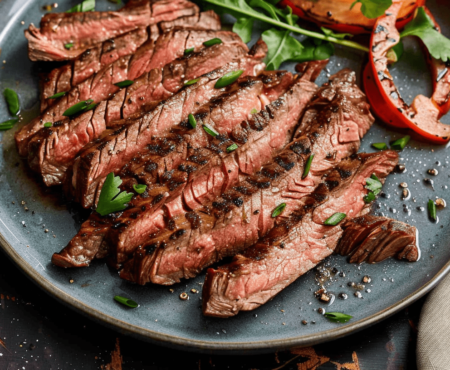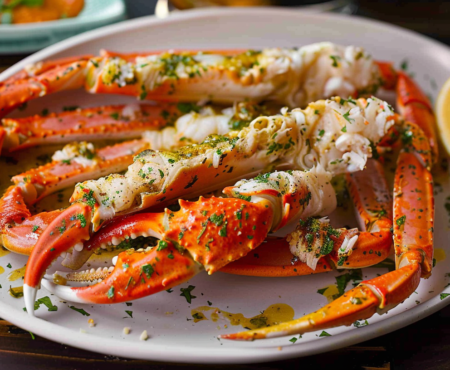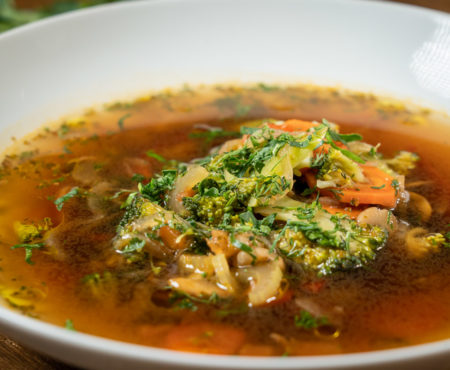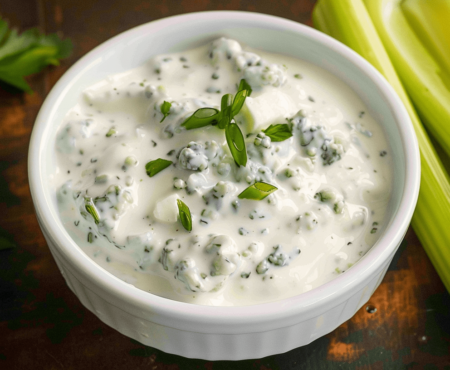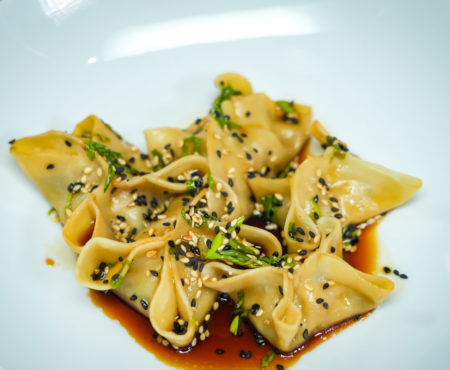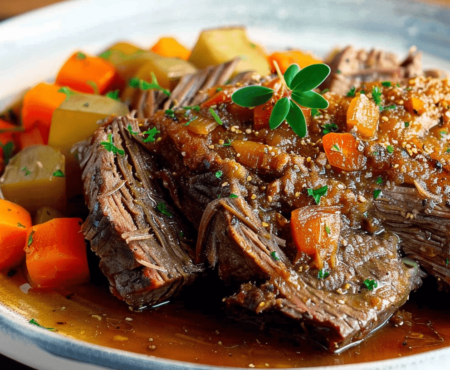Dietary guide
Embracing a dairy-free lifestyle means saying goodbye to milk, cheese, yogurt, and butter, but it’s more than just cutting out these foods; it’s about discovering new flavors, textures, and the joy of plant-based alternatives. Whether due to lactose intolerance, allergies, ethical reasons, or personal health goals, going dairy-free can open the door to improved digestion, clearer skin, and reduced inflammation. With a variety of nutritious plant milks, vegan cheeses, and dairy-free desserts available, maintaining a balanced, satisfying diet has never been easier.
Choosing an egg-free diet is a significant step for those with allergies or dietary restrictions. It involves avoiding eggs in all forms, a challenge given their prevalence in many dishes and baked goods. However, it also encourages creativity in the kitchen, leading to the discovery of innovative substitutes that ensure your meals remain delicious and nutritious. Whether for health, ethical, or environmental reasons, living egg-free can be a rewarding journey towards wellness and culinary exploration.
A gluten-free diet excludes wheat, barley, rye, and any foods containing these grains, catering to those with celiac disease or gluten sensitivity. Adopting this diet can dramatically improve digestive health and overall well-being. Beyond medical necessity, some choose this lifestyle for its perceived health benefits. With the rise of gluten-free products and recipes, enjoying a diverse, flavorful, and nutritious diet while avoiding gluten is more accessible than ever.
Adopting a low carb diet focuses on reducing carbohydrate intake to manage weight, blood sugar levels, and overall health. This diet emphasizes proteins, healthy fats, and vegetables over sugars and starches. Ideal for those aiming for weight loss or managing diabetes, a low carb approach encourages a reevaluation of eating habits, steering towards whole, unprocessed foods. The journey to a low carb lifestyle is not just about subtraction but discovering a new abundance in your diet.
A low fat diet prioritizes reducing the intake of fatty foods, particularly saturated and trans fats, to support heart health and weight management. This approach doesn’t mean sacrificing flavor or variety but rather choosing foods that naturally contain less fat, like fruits, vegetables, lean proteins, and whole grains. By focusing on balance and moderation, a low fat diet can be a pathway to improved health and vitality.
For those with nut allergies, adopting a nut-free diet is crucial for safety and well-being. This means vigilance against all forms of nuts, including peanuts and tree nuts, which can appear in unexpected places. Living nut-free requires careful label reading and open communication in social and dining situations. It’s a lifestyle that promotes awareness and adaptability, ensuring those affected can enjoy a full and varied diet without fear of allergic reactions.
The Paleo diet, inspired by our Paleolithic ancestors, emphasizes whole foods such as lean meats, fish, fruits, vegetables, nuts, and seeds, while excluding processed foods, grains, legumes, and dairy. This return to a more natural way of eating aims to improve health by eliminating modern dietary culprits. For those seeking weight management, increased energy, or simply a cleaner diet, Paleo offers a blueprint for nutritional well-being grounded in simplicity and quality.
Veganism is a commitment to exclude all animal products from one’s diet and lifestyle, driven by health, ethical, and environmental reasons. This plant-based approach focuses on fruits, vegetables, legumes, grains, nuts, and seeds, rich in nutrients and flavors. A vegan diet challenges conventional eating habits, encouraging a deeper connection with food sources and creativity in the kitchen. With a growing range of vegan products and recipes, embracing this lifestyle has never been more delicious or fulfilling.
A vegetarian lifestyle eliminates meat, fish, and poultry, relying on vegetables, fruits, grains, legumes, and sometimes dairy and eggs, to fulfill nutritional needs. Whether motivated by health concerns, environmental factors, or ethical considerations, vegetarianism offers a diverse and healthful way to eat. This diet emphasizes the abundance of plant-based foods, encouraging creativity in meal preparation and a deeper appreciation for the variety nature offers.












